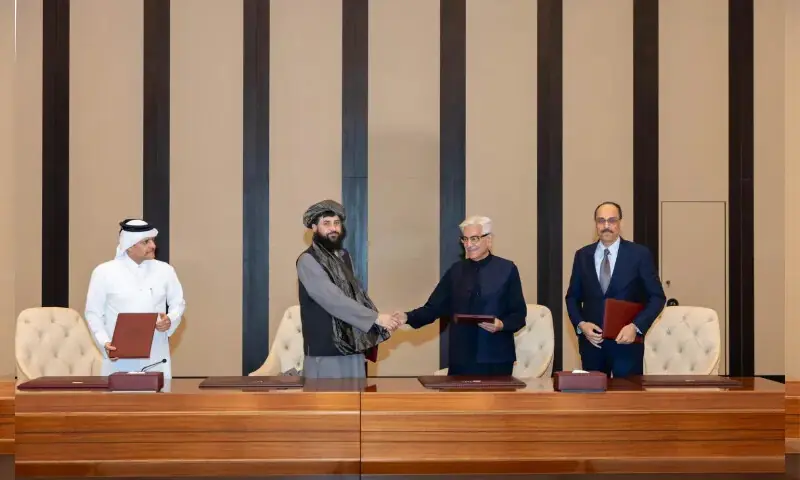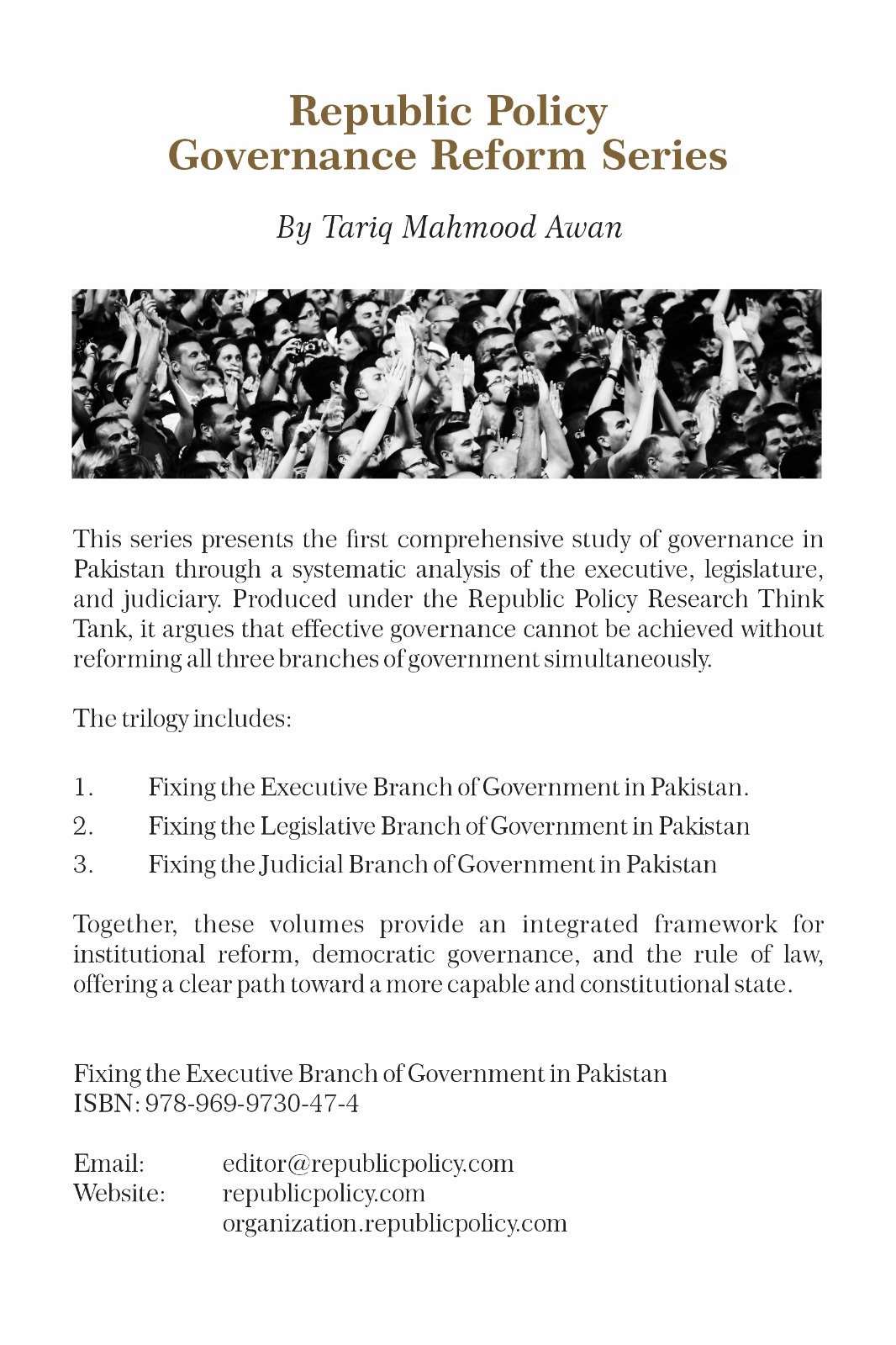Editorial
In today’s globalized textile industry, traceability has become a cornerstone for sustainable and ethical practices. As buyers increasingly demand transparency and compliance, Pakistan’s textile industry is under pressure to adopt robust traceability systems. By tracking products from raw materials to the final garment, Pakistan can safeguard labor rights, promote environmental sustainability, and address persistent issues like tax evasion and illegal trade practices.
Key markets like the EU, UK, and US, which account for a significant portion of Pakistan’s textile exports, are prioritizing traceability to ensure sustainable sourcing. Compliance with their stringent regulations is crucial for maintaining market access and securing future business opportunities. Failure to adopt traceability practices could lead to a significant decline in exports and jeopardize the livelihoods of millions.
Recent political instability in Bangladesh has disrupted its textile industry, creating an opportunity for Pakistan to capitalize on diverted orders. However, to fully seize this opportunity, Pakistan must prioritize traceability and quality, not just cost competitiveness. By implementing robust traceability systems, Pakistan can attract buyers seeking reliable supply chains and establish itself as a preferred sourcing destination.
Traceability can also play a pivotal role in addressing domestic challenges. By tracking the movement of cotton from farm to factory, Pakistan can curb tax evasion, reduce the misuse of government incentives, and improve the quality of its cotton. Additionally, implementing automated grading systems can enhance the value of Pakistan’s cotton and expand its market reach.
To effectively implement traceability, Pakistan needs a comprehensive ecosystem that integrates data from various stakeholders. This includes establishing a dedicated DNA testing lab, strengthening the National Compliance Centre, and making traceability a mandatory legal requirement for all exporters.
By prioritizing traceability, Pakistan can not only safeguard its textile industry but also position itself as a responsible and sustainable global supplier. The time to act is now.














